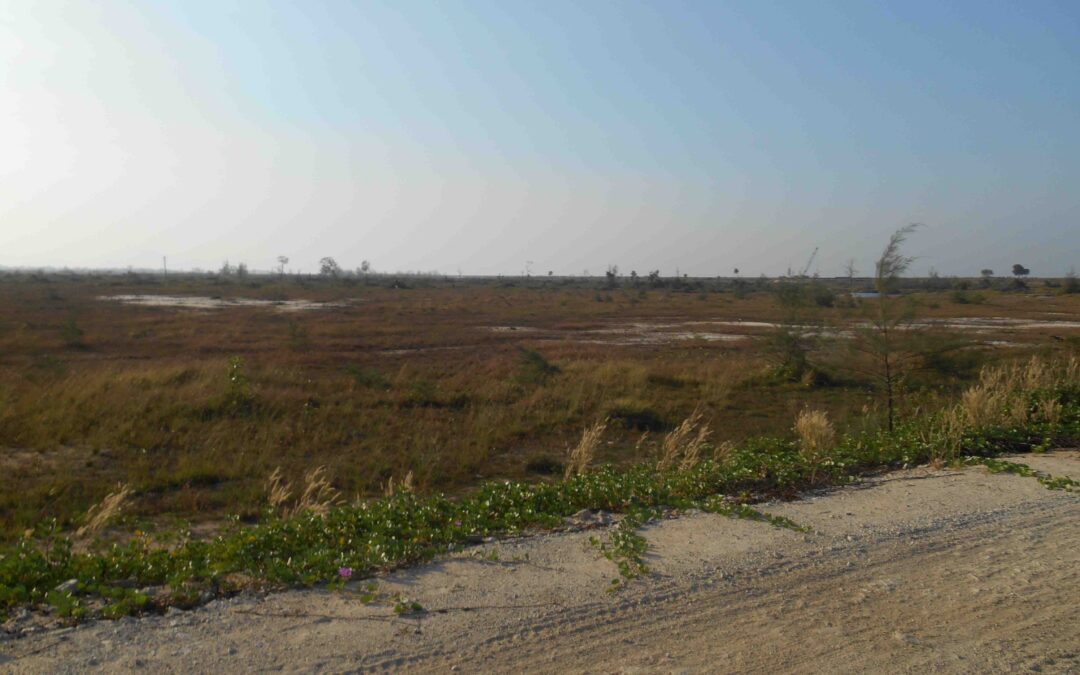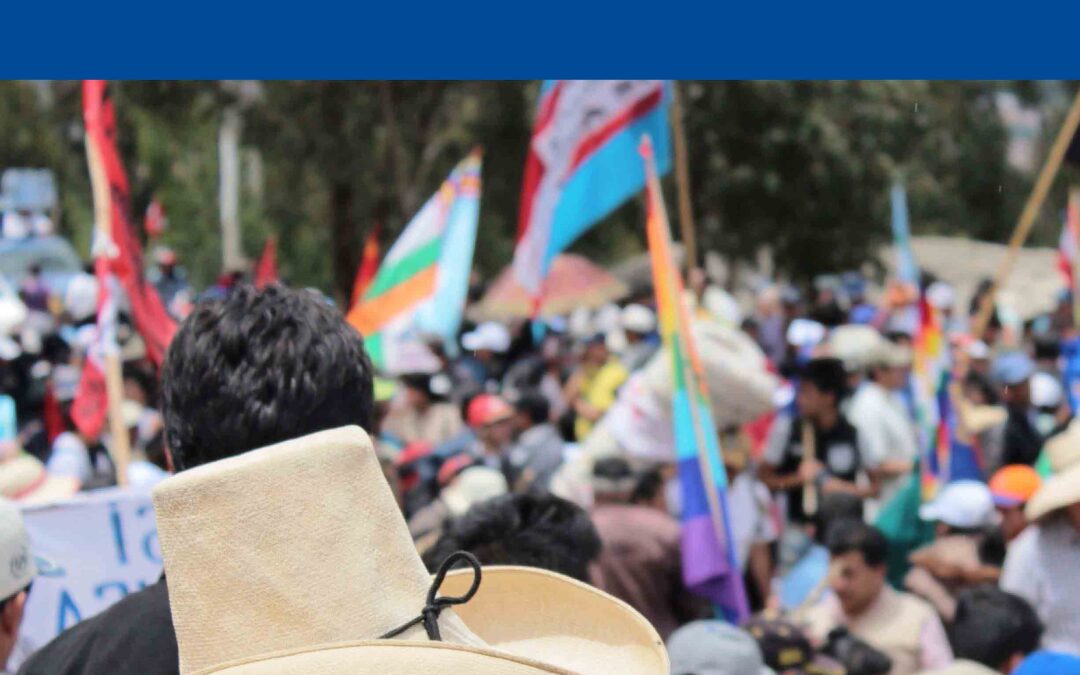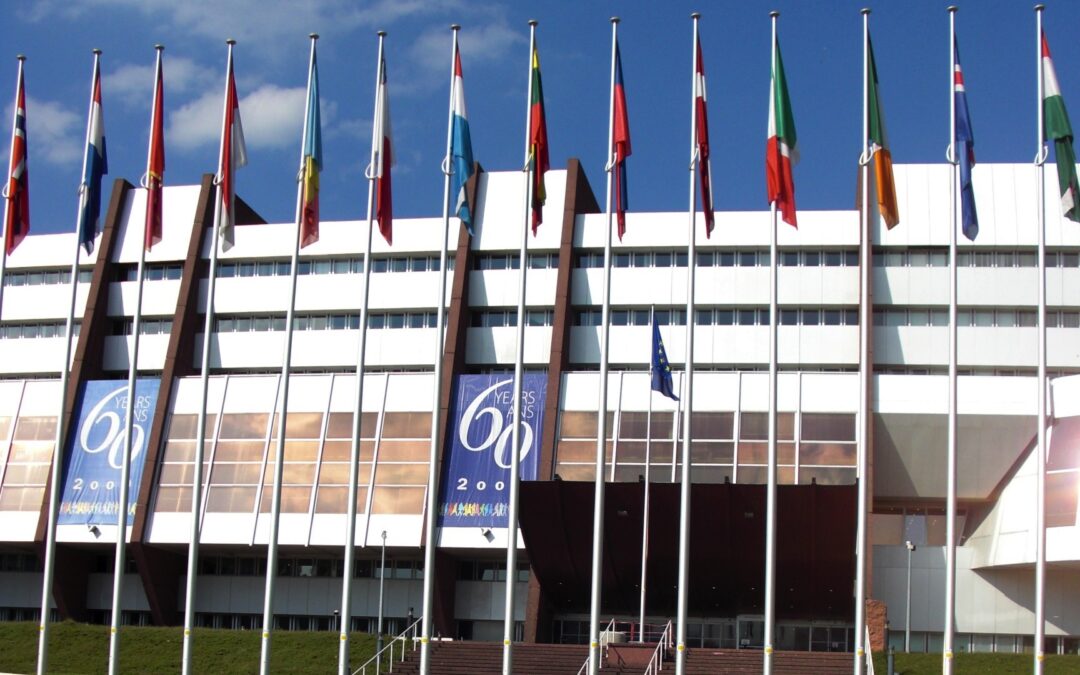
Jun 23, 2016 | Events
Side-event to the 32nd regular session of the Human Rights Council
24 June 2016, from 13:30 to 15:00 hrs
Room IX, Palais des Nations, Geneva
Accountability and remedy for business-related human rights abuse have been key advocacy objectives for many human rights organizations over the years.
Accountability and remedy have been identified as being some of the most salient normative and governance gaps in business and human rights. States and international organizations are now taking some action in response to those gaps and are considering initiatives and ways to tackle accountability and remedy deficits.
The Human Rights Council is currently engaged in a treaty-making process through an Intergovernmental Working Group, and it is considering a report by OHCHR on Accountability and Remedy during its 32nd session. Just one week prior, the International Labour Conference carried out crucial deliberations about ways to address those governance gaps and promote decent work in the global supply chain and to deter abuse.
This panel will look at these issues from the perspective of civil society and practitioners’ work, drawing from concrete experiences, recent achievements in the field and ongoing concerns.
Introduction:
- Surya Deva, UN Working Group on Business and Human Rights
Panel:
- Gabriela Kletzel – CELS
- Richard Meeran – Leigh Day
- Anna Biondi – ILO
- Gaëlle Dusepulchre- FIDH
- Moderator : Carlos López – ICJ
From the groundbreaking work to investigate and prosecute serious abuse against workers during the Argentinian military regime to the forward looking work of litigators of cases concerning parent and subsidiary companies’ responsibilities, exploring the new paths being broken in the recent International Labour Conference’s decisions on decent work on supply chains and the UN IGWG on transnational corporations and other business enterprises with respect to human rights, this panel will discuss ways in which these initiatives may address the crucial issues of accountability and remedy looking at past and present achievements and plans for the future.
The event flyer may be downloaded (PDF) here: Past abuses and remaining challenges_flyer_side event_HRC32
The event is organized by ICJ, Franciscans International, FIDH and CELS.

Apr 1, 2016
An opinion piece by Vani Sathisan, ICJ’s International Legal Adviser in Myanmar, and Bobbie Sta. Maria, Senior Researcher for Southeast Asia, Business & Human Rights Resource Centre.
More than half a century of military rule ostensibly comes to a close on April 1, when Daw Aung San Suu Kyi’s National League for Democracy officially takes over Myanmar’s government and the first civilian President since 1962 starts leading the nation.
Despite these extraordinary developments, daunting challenges remain in Asia’s second poorest country. Myanmar’s military still controls key governmental functions; the country is barely emerging from decades of civil conflicts; rule of law and institutions are weak; the economy is fragile and dominated by crony companies; corruption, and human rights abuses remain stubbornly persistent.
In opening up, Myanmar has embraced special economic zones (SEZs) – designated areas in which businesses receive tax, tariff and regulatory benefits – as a means to encourage economic trade and investment heavily promoting three major zones; Thilawa, Dawei and Kyaukphyu.
But in all three, affected communities have repeatedly complained about the need to address human rights and environmental harms caused by the projects, including land, air, and water pollution, and the displacement and loss of traditional forms of livelihoods of thousands.
Communities in these zones have also voiced concerns about a lack of transparency, inadequate consultation and participation of affected local communities in project-related decisions, and insufficient compensation for losses.
While SEZs are supposed to drive Myanmar’s economic growth, at the moment it looks as if this growth disproportionately rewards businesses and investors, and not the communities displaced and impoverished to make way for them.
Business & Human Rights Resource Centre and the International Commission of Jurists are engaged in efforts to encourage greater public accountability among foreign companies for their human rights impacts – including by highlighting concerns of affected communities with businesses, providing guidance, and tracking companies’ investments and efforts to avoid negative impacts – but a concerted response by government is vital.
The National League for Democracy taking office is crucial, because whilst they support the Thilawa zone, they have said they will review the continuation of the Dawei and Kyaukphyu zones including by speaking with relevant stakeholders.
We hope that the new regime will not lose sight of its commitments in its Election Manifesto, including encouraging “foreign investment in line with the highest international standards”, and laying down “paths for economic cooperation that can bring sustainable long-term mutual benefits”.
The problems surrounding SEZs are significant and urgent. This period of re-evaluation provides the new government an opportunity to fulfill its duty to protect affected communities.
They can build upon the limited progress of the previous government in legislating rights protections by ensuring that laws are properly implemented.
For example: Myanmar law now requires environmental impact assessments (EIA) for investments in certain industries.
The newly approved EIA Procedures cover environmental and social impacts and incorporate international best practices on involuntary resettlement and indigenous peoples. The new National Land Use Policy refers to participatory, transparent and accountable processes.
The new government must amend the SEZ law to ensure that investment projects are planned, designed and undertaken with respect for the fundamental principles of participation, transparency and accountability.
While land issues are undoubtedly complex, the prevalence of land-related grievances presents a challenge for the new government to take bold steps towards the protection of land rights, including addressing illegal land acquisitions and making real efforts to meet international standards for consultation, compensation and resettlement.
By design, SEZs are meant to lure businesses through friendly conditions.
But this goal must not be pursued at all costs, especially not in ways that will lead to irreversible environmental damage, abuse of rights, or further impoverishment of locals.
The challenge to govern carries with it the responsibility to listen, respectfully engage, and ensure the protection of the human rights of all people in Myanmar.

Mar 21, 2016
Today, the ICJ published a new report (in Spanish) analysing the impact of extractive companies on economic, social and cultural rights of many local communities in the country. Mining activities have resulted in massive social protests in Peru recently.
Planning, exploration and exploitation of mineral resources in Peru are often linked with violation of economic, social and cultural rights of indigenous and rural communities, the report says.
The study also analyses the response of the State to the demands of the communities, following abuses and violence generated by the mining activities and projects.
It formulates recommendations to the Peruvian authorities to ensure the protection of human rights of local communities, safeguard the environment in which they live, and end the violations they face.
The report is the result of a field mission in Peru, in which participated María Clara Galvis, a Colombian lawyer, Rafael Uzcátegui, a Venezuelan sociologist, and Sandra Ratjen, ICJ Senior Legal Adviser on Economic, Social and Cultural Rights.
Peru-DESC extractives-Publications-Reports-Facts Finding Mission Report-2016-SPA (full report, in PDF, Spanish)
On Video: testimonials

Mar 15, 2016
Today, the ICJ launched a new report (in Spanish) documenting the impact of the El Quimbo dam project on the economic, social and cultural rights, as well as the environment, of the people living in the Colombian Huila Department.
The report highlights the response of both the State and the company behind the project to the demands of the affected communities, following massive social protests, conflicts and legal actions.
It also formulates a series of recommendations to ensure that the human rights and the environment in the region are protected and to end all the abuses against the local communities.
The report is the result of a field mission in Colombia, in which participated the ICJ Commissioners Philippe Texier (France) and Belisário dos Santos Junior (Brazil), Sandra Ratjen, ICJ Senior Legal Adviser on Economic, Social and Cultural Rights, and the Colombian lawyer Alberto León Gómez.
Colombia-ElQuimbo Megaprojects & ESCR-Publications-Facts Finding Mission Report-2016-SPA (full report in PDF, Spanish)

Mar 11, 2016 | Advocacy
The ICJ, Amnesty, ECCJ and FIDH welcome the adoption of the Recommendation of the Committee of Ministers to member States on human rights and business (the Recommendation) on 3 March 2016.
This is the Council of Europe’s first inter-governmental instrument on business and human rights.
Adopted by the organization’s highest decision-making body, the agreement by all 47 Council of Europe member States is a significant achievement.
If adequately implemented, the Recommendation can contribute to an enhanced system of legal accountability of business enterprises involved in human rights abuses and access to effective remedy for those whose rights have been affected.
EU-coe_recommendation-Advocacy-2016-ENG (full text in PDF)









